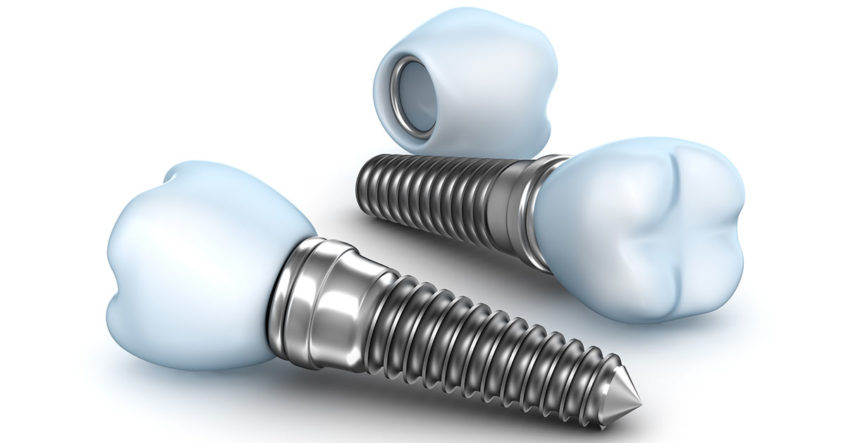Dental implants are an important element for many people who need support for their dentures, crowns and/or bridges. Their purpose is to help these elements to function like your natural teeth while also restoring your bite and maintaining the integrity and volume of your jaw bone. Dental implant failure can occur and is divided into two categories: early failure and late failure.
Early Failure
In this case, early dental implant failure is termed as those that happen within three or four months after you have received them. It’s important to note here that dental implant failure isn’t like the failure of a bodily organ. Unlike organ transplants, a dental implant doesn’t create responses in the body that lead to failure. Instead, when it comes to early failure, the most common causes are factors like your general health and the surgery itself.
Like other procedures, if you have a chronic health condition such as diabetes, osteoporosis, and autoimmune disorders, they can have a role in the dental implant failing. There are also certain medications that can increase the chances of your implant failing. This is why it is imperative that your dentist knows your full health history — including any chronic conditions and medications that you are currently taking — before undergoing a dental implant. Fortunately, many of these failures can be saved with early intervention and the proper follow-up medical care.
If the dental implant site has a poor supply of blood, it’s possible that this will affect the way it heals, leading to failure. Other causes include an existing infection such as those that can sometimes be hidden in a root canal and an implant that shifts as it is healing.
Late Failure
Late failure of a dental implant is characterized as those that occur long after the procedure itself. This is typically between 1 and ten years. There are some reasons why this could happen at this late stage. Sometimes there aren’t enough implants to support the teeth. This, in turn, causes a great deal of stress on the implants and they can fail.
If you are a patient who clenches and/or grinds your teeth, your implants are more likely to fail when compared to someone who doesn’t. Fortunately, there are ways to control this occurrence including a night guard and behavior modifications. Poor hygiene can lead to gum disease and infections which can alter the integrity of your jaw bone.
A lack of bone and gum tissue that is required to support the dental implant for the long term can also lead to its late failure. Typically, these occur over the years as the body battles chronic diseases like diabetes or excessive bone loss leads to an influx of bacteria that can’t be eliminated.
At Greater Baltimore Prosthodontics, we offer top-notch dental care to patients in Towson, Maryland and the surrounding areas. If you are wondering if a dental implant is a right solution for you, contact us today to schedule an appointment.

